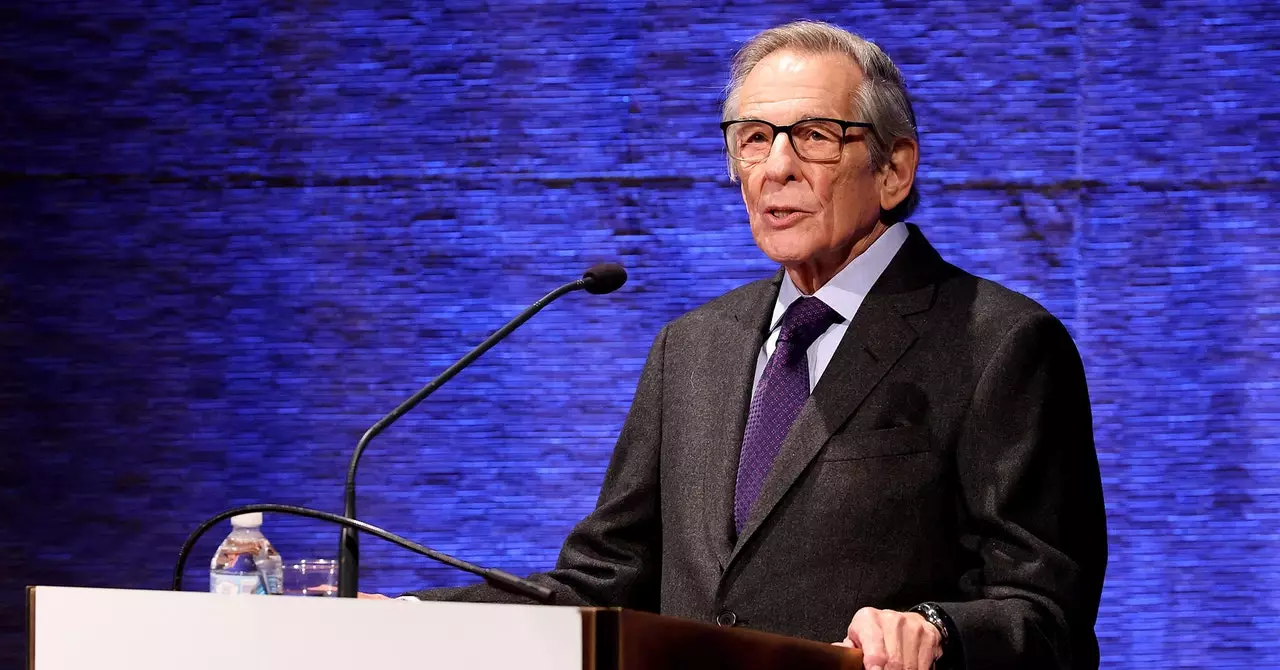In the fast-paced world of business, effective communication has always been a cornerstone of successful leadership. However, as we embrace the digital age, where information is rapidly disseminated and consumed, there seems to be a troubling trend towards oversimplification. The practice of summarizing vital documentation into digestible bullet points has become commonplace, often at the expense of critical engagement with content. The move away from detailed, thoughtful discourse towards rapid summaries can undermine the depth of understanding necessary for informed decision-making.
One notable illustration of this is Jeff Bezos’s leadership approach at Amazon. Bezos famously eliminated PowerPoint presentations from meetings, instead insisting that his executives prepare comprehensive six-page memos. This method compelled his team to grapple with the intricacies of their proposals and encouraged a reflective mindset. The silent reading of these documents effectively prioritized deep thought and thorough preparation over the superficial and often misleading nature of summaries. Bezos’s system serves as a compelling counterbalance to the modern tendency of relying on condensed information.
This emphasis on detail is not merely a stylistic preference but a necessity for fostering genuine dialogue. In an environment where every word is scrutinized for its potential impact, leaders are encouraged to slow down, reflect, and consider the implications of their messages. This practice not only enhances the quality of communication but also cultivates a culture of engagement that is vital for any thriving organization.
While modern tools, particularly those driven by artificial intelligence (AI), offer convenience through the ability to compress extensive documents into brief summaries, they bring with them a plethora of risks. AI’s capability to quickly analyze content seems beneficial on the surface; however, it raises the question of whether we are inadvertently facilitating a decline in our own cognitive skills. If individuals become accustomed to receiving summarized versions of complex reports, the motivation to engage with the original material diminishes, ultimately leading to a deterioration of analytical skills and creativity.
This potential atrophy of our abilities is particularly concerning in leadership roles. If leaders rely too heavily on AI-driven summaries, they may miss the nuances and critical insights embedded in comprehensive documents. As a result, decision-making could be compromised by an oversimplified understanding of complex issues. Such a dynamic risks not only individual capabilities but may also diminish the collective intellectual output of entire teams and organizations.
The integration of AI in corporate meetings raises further questions about human presence and engagement. A notable perspective comes from Sam Liang, CEO of Otter, a company that has expanded from transcription services into AI-driven discussion facilitators. Liang acknowledges a potential outcome where individuals might opt out of meetings, knowing that summaries will be provided. This shift touches on a broader concern: as we delegate the responsibility of information assimilation to AI, do we risk becoming disconnected from the collaborative essence of meetings?
In the case of leadership, participation in discussions not only signals commitment but also provides opportunities for real-time feedback and insight sharing. This is particularly vital for those looking to gauge the reactions and thought processes of their leaders. A meeting without the involvement of key decision-makers may lose significant value for participants attempting to align their proposed ideas with company objectives.
The implications of relying on AI summaries extend beyond corporate dynamics; they permeate the very fabric of our communicative culture. Renowned writers and historians, such as Robert Caro, exemplify the value of keenness to detail in storytelling and knowledge dissemination. Caro’s relentless pursuit of thoroughness serves as a reminder of the profound narratives that can be crafted only through a deep engagement with primary sources. If the push for concise reproductions prevails, we may find ourselves deprived of rich, nuanced perspectives.
Ultimately, while the convenience of summarization technologies is undeniable, a critical assessment reveals a potentially hazardous reliance on these tools. In our quest for efficiency, we must ensure that we do not lose the essence of thoughtful analysis and in-depth engagement. As leaders, embracing a culture that prioritizes comprehensive understanding will be essential in cultivating the depth required for sustainable success in an increasingly complex world.

